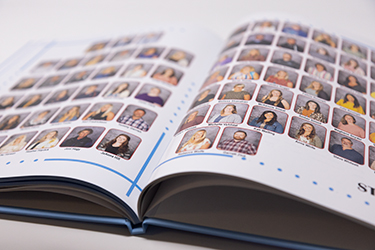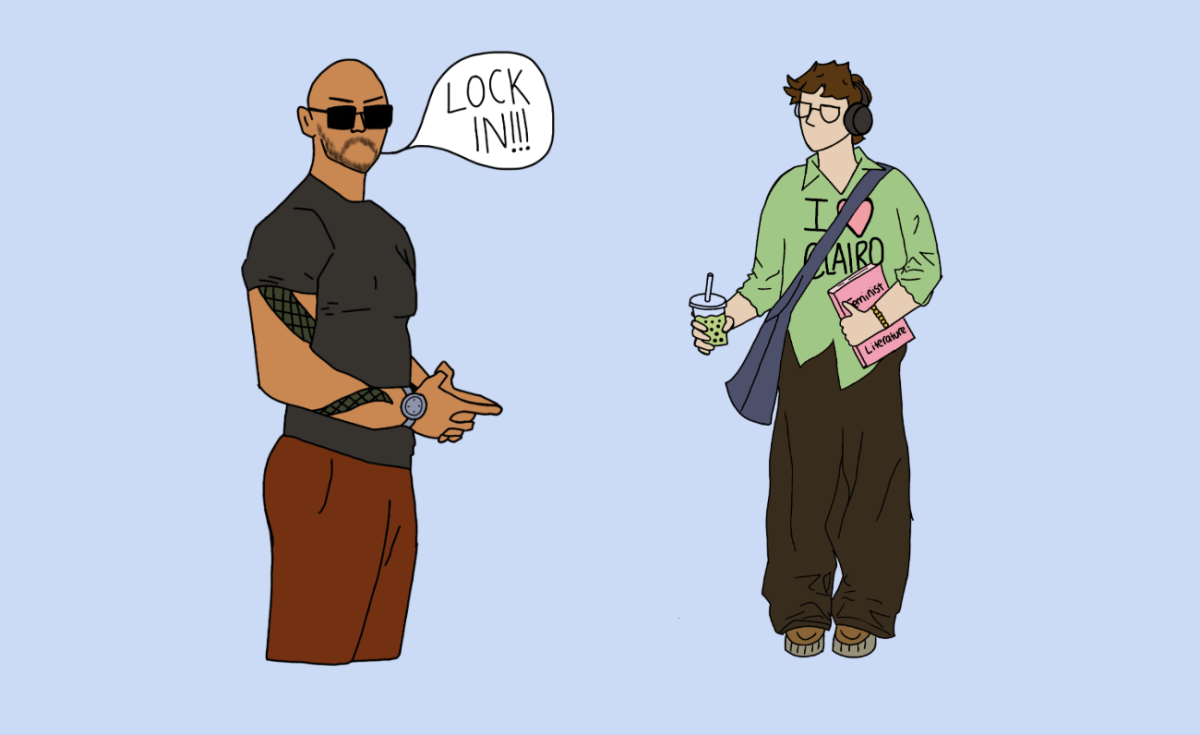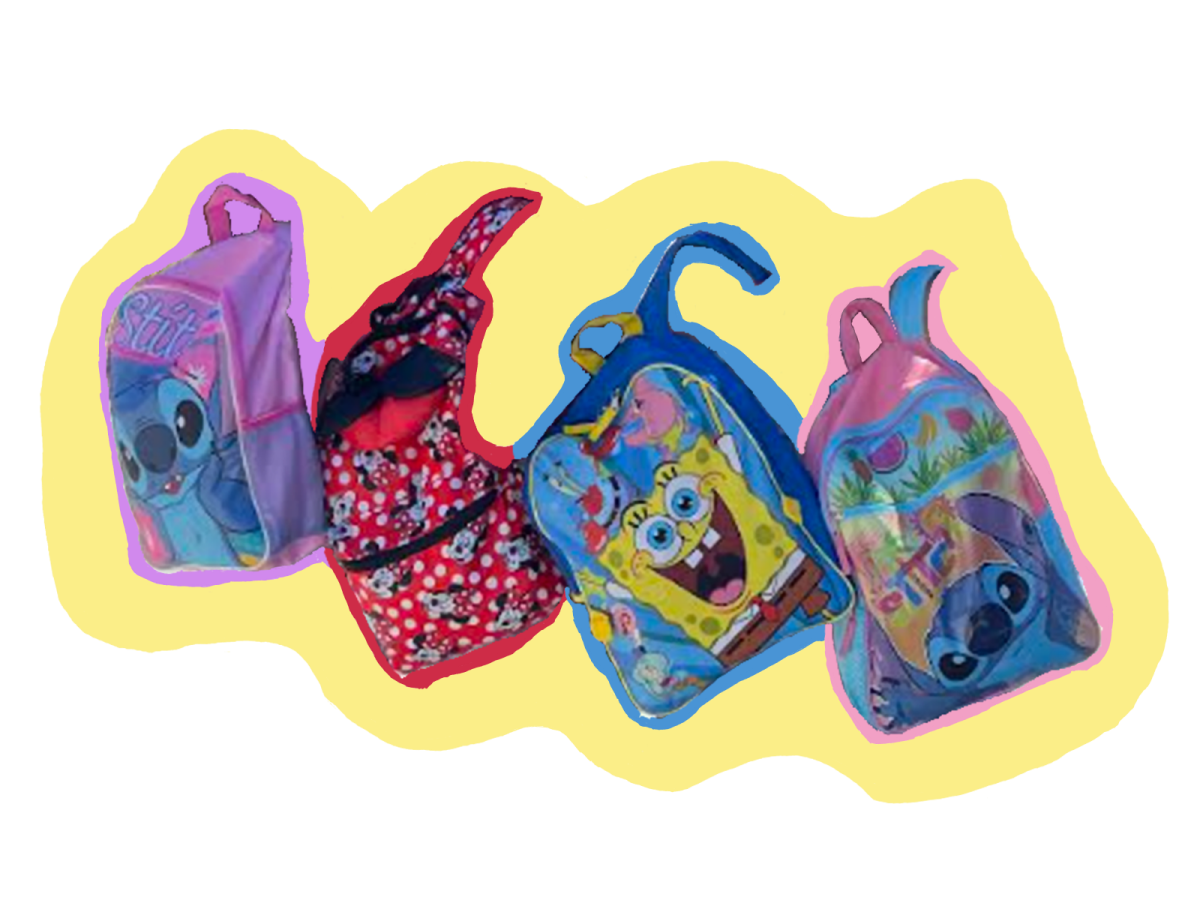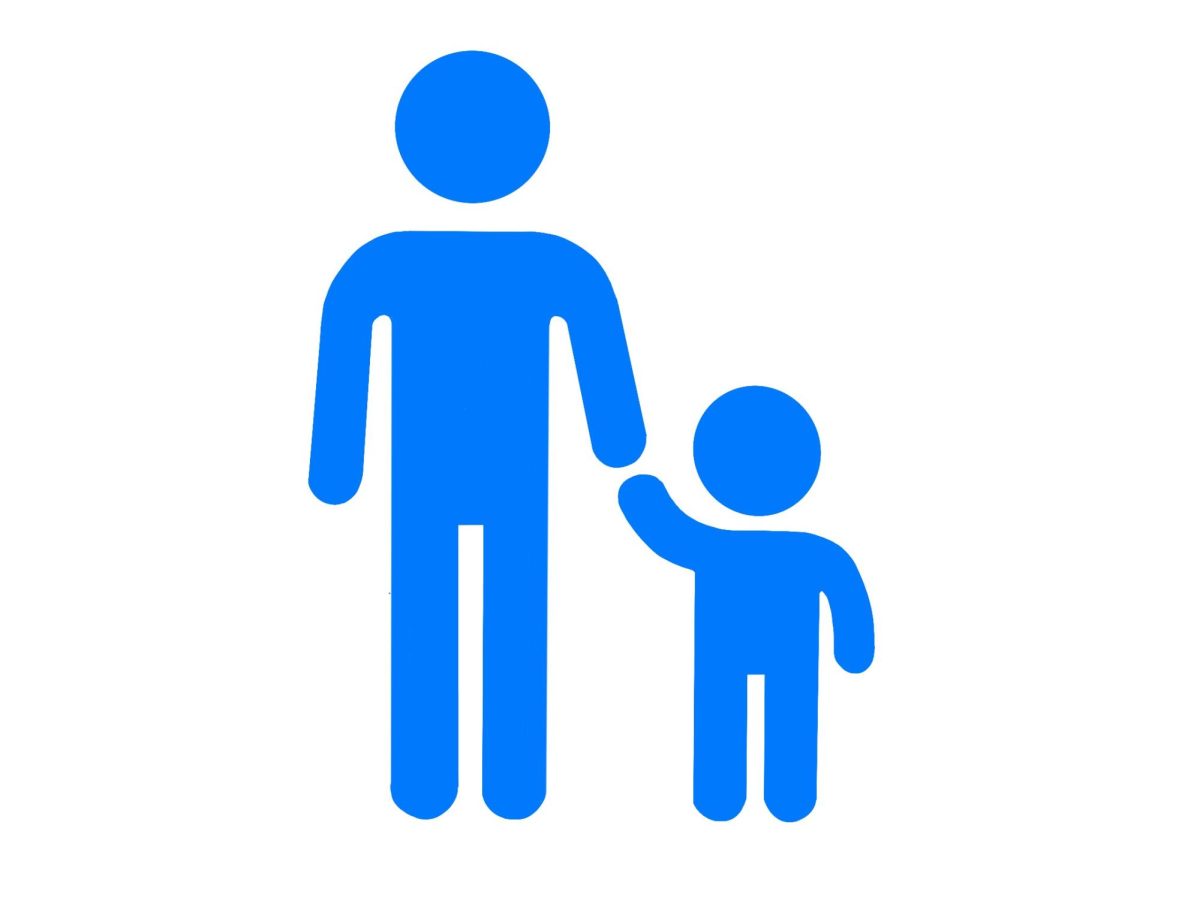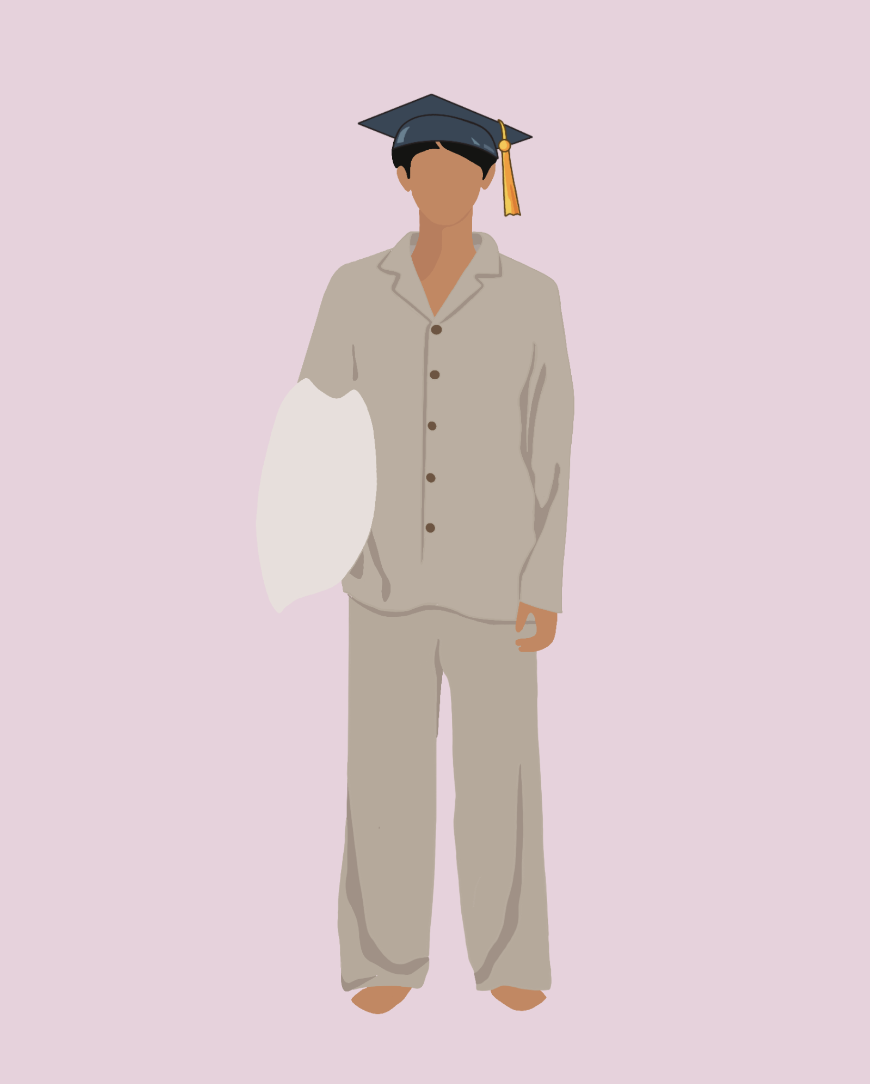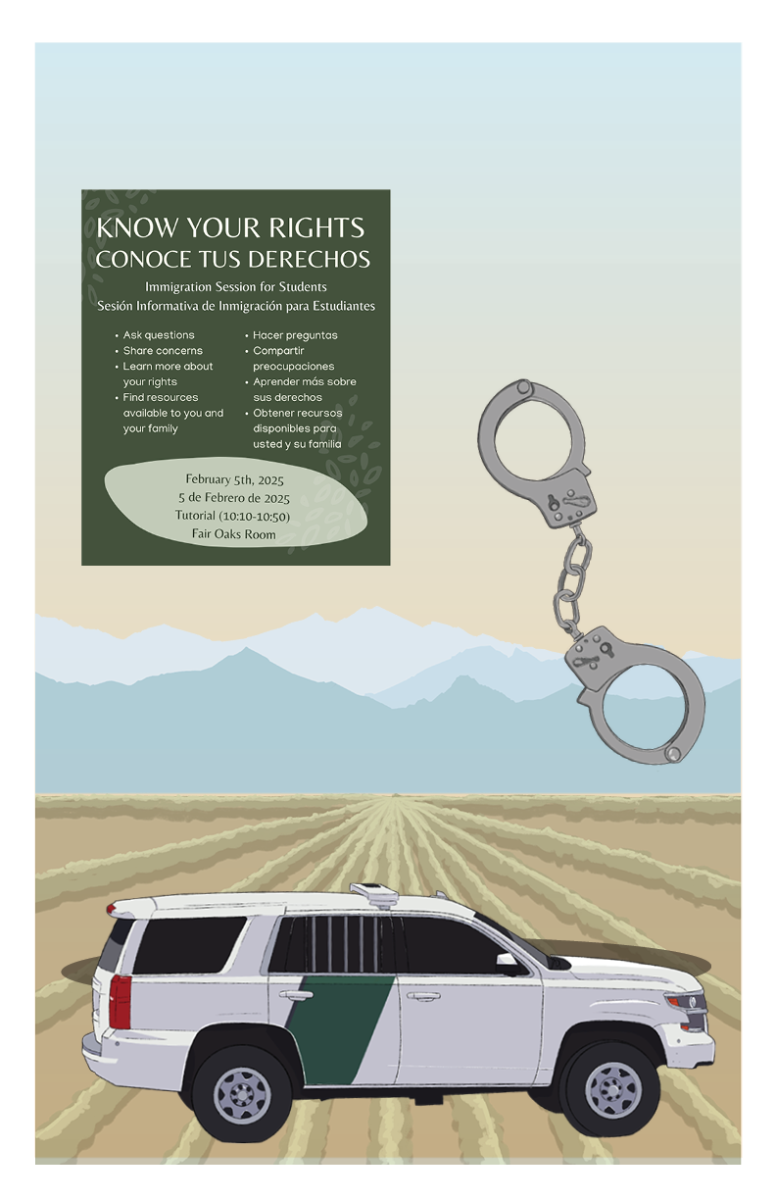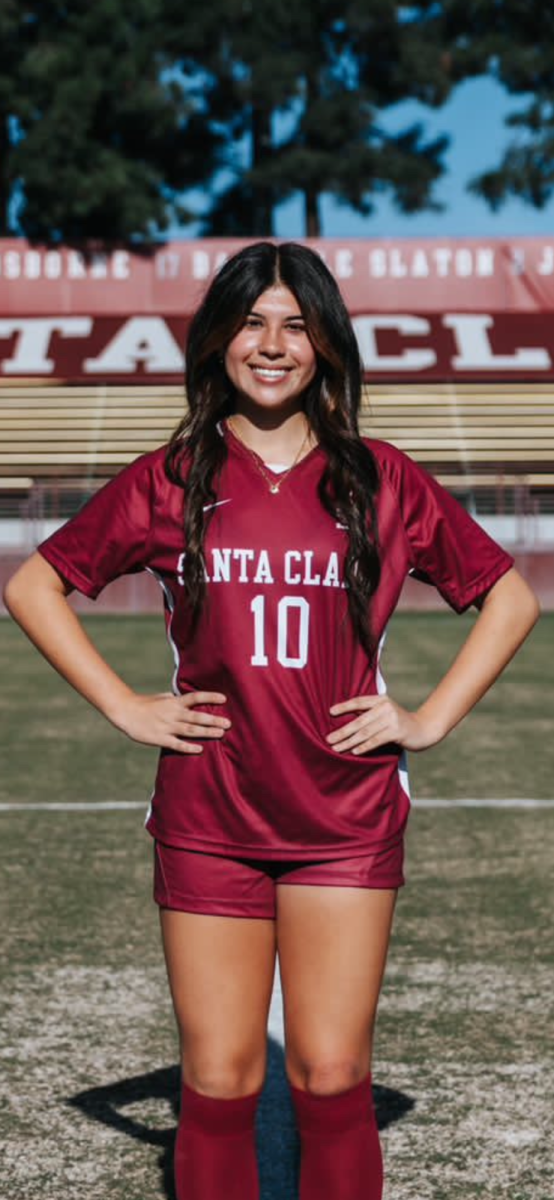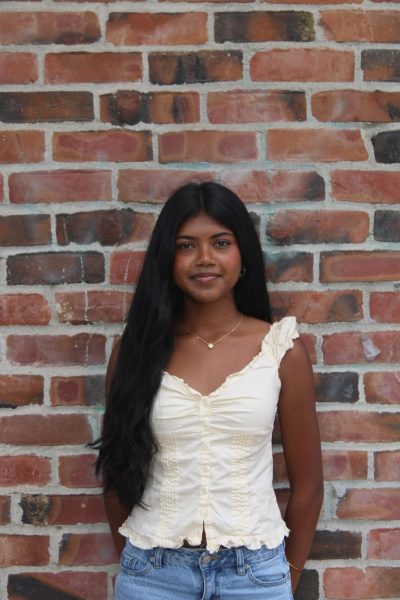Ramadan, the ninth month of the Islamic calendar, is one of the most sacred months for Muslims. It is believed to be the month when the Holy Qur’an was revealed to guide humanity, offering direction and a path to salvation, according to Brandeis. Ramadan is a time for fasting, worship, service, community gatherings and discipline.
The fast begins at sunrise and ends at sunset. Each day during Ramadan, Muslims wake up before sunrise to eat a pre-dawn meal known as Suhur. During Suhur, many Muslims start with dates and milk, before enjoying a larger meal with foods commonly associated with Ramadan. Fasting is followed for 29-30 days, according to the lunar calendar. At the end of Ramadan, Muslims celebrate Eid ul-Fitr, one of their biggest holidays. This joyful occasion starts off with Muslims visiting the mosque, and praying a special prayer known as the Salat-al-Eid. This is followed by feasts, games and festivities, including giving and receiving gifts, new clothes and money.
Additionally, Ramadan is much more than just giving up food; it is a time for spiritual growth, self-reflection and personal improvement, both individually and within the community.
“It really teaches me [to] resist, how to be humble [and] it teaches me discipline,” FHS freshman Yomna Omer said.
Ramadan encourages increased empathy and charitable acts, often leading to donations and fundraisers to support the hungry and less fortunate. The main goal of fasting is to maintain “a state of constant awareness of God” according to ing.org. It also provides an opportunity to let go of negative habits.
When people think about fasting during Ramadan, they often wonder how children manage to go without food or water for long hours. Others worry about how fasting affects students’ ability to focus in school. While it can be challenging, the real concern should be how teachers support students during this time.
“I think teachers should be mindful of the fact that this month is going to be particularly difficult for students who are practicing and celebrating Ramadan,” FHS special education teacher Wynn Nojopranoto said. “That would be really good for them to know and just be more understanding. The first time I had a student in my class, I was also [fasting]. So, just letting him know that, hey I’m also fasting, so like, I get where you’re at right now. If this is too much for you, please let me know, because I know how it can be.”
By being more understanding, teachers can make a big difference for students practicing Ramadan.
Ultimately, Ramadan is a time for spiritual growth, self-discipline and community. While fasting can be challenging, especially for students, it is important for teachers to be understanding and supportive. By being mindful of the difficulties fasting students may face, teachers can create a more inclusive environment, helping students make the most of this special time.








